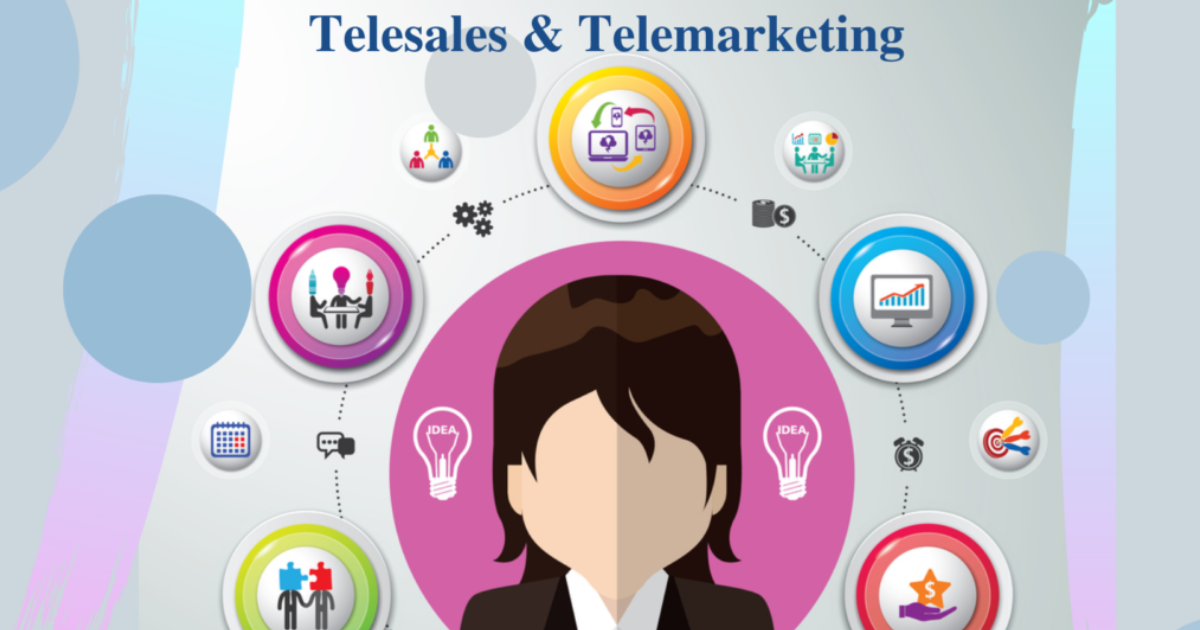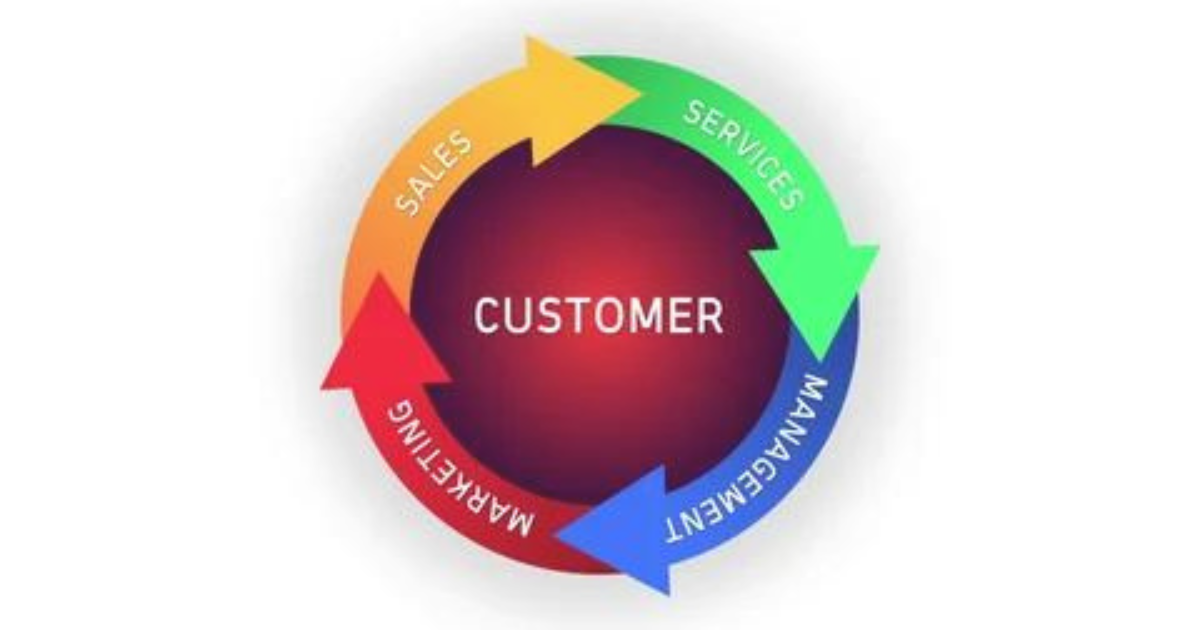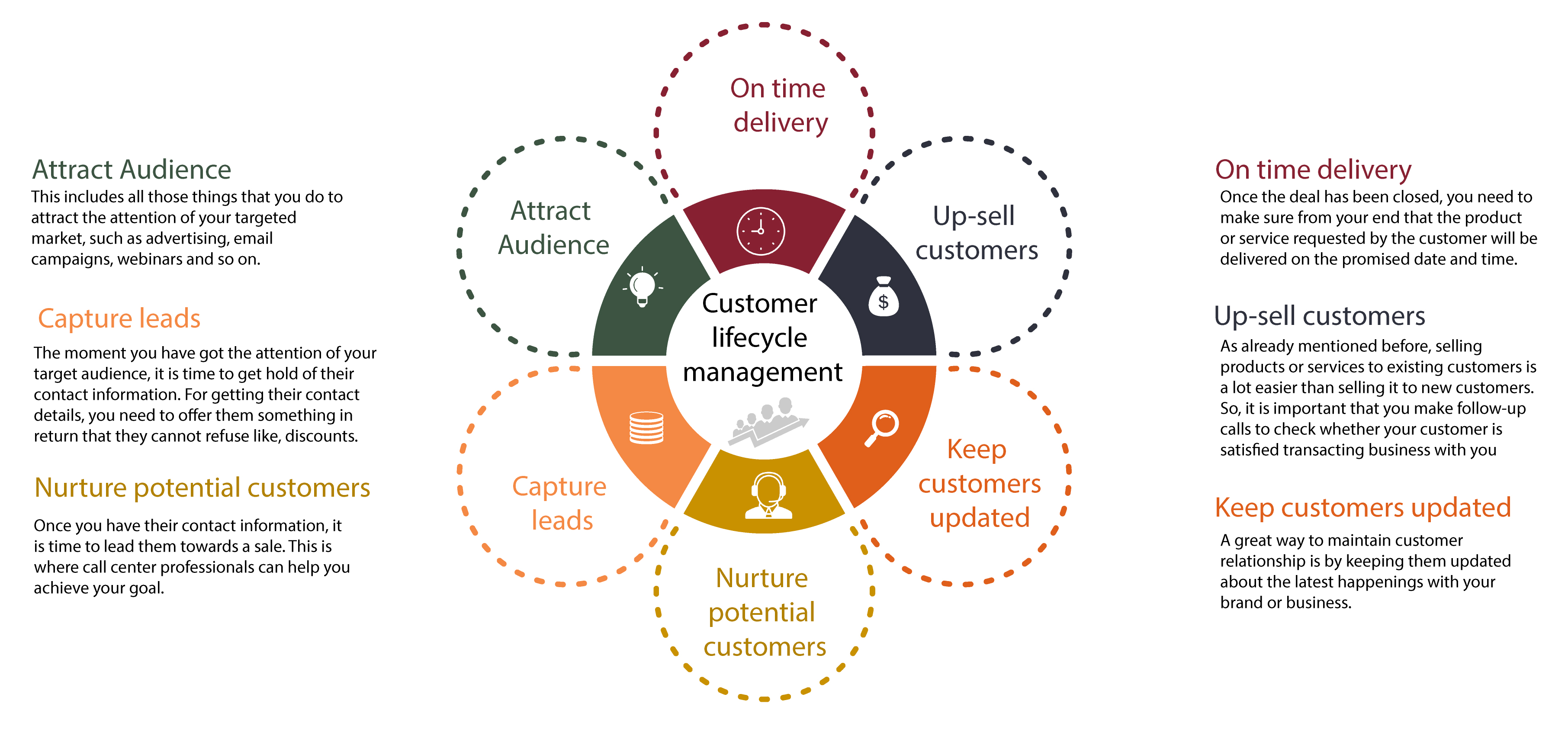The BPM sector is becoming more demanding and modernized. Expectation is that this sector needs to be secured yet open-ended, should have both customer centricity & employee centricity & must invest on modern technology. There are multiple factors which are keeping this sector on toes i.e. Consumer demands are continually evolving and there is a constant need to introduce innovative channels to communicate. On top of it technology changes must faster than the sector and therefore there is always an issue of adaptation & catch up!
This sector is surely in a transformation phase where the conventional systems would get replaced with digital models & the low end resources will get replaced with robotic solutions. Keeping in mind these transformational phase, it’s important that this sector is built for future. Well, the task seems daunting but here are few ways to address this renewed ask from BPM sectors to stay ahead the cure :-
 1. Cross-channel Communication Model : Since many of the companies are now expanding their multi-channel offerings, making a seamless cross-channel experiences will be more important. Cross Channel communication would involve having a uniform customer experience. Few examples on this practice would be as follows :-
1. Cross-channel Communication Model : Since many of the companies are now expanding their multi-channel offerings, making a seamless cross-channel experiences will be more important. Cross Channel communication would involve having a uniform customer experience. Few examples on this practice would be as follows :-
a. Design of the website should remain consistent with the mobile app and should also match the physical store presence.
b. Consumers should be able get same experience while shopping through in-store, website, mobile app and telephone, regardless of their location and time.
c. There should be flexibility that their order can either be delivered to the address directly, collected at the store, or collect from a retail partner. Flexibility is important!
The leap towards cross channel will be a big one, and it should happen in the very near future. BPM Companies need to partner with their clients to make this proposition win-win.
2. Meaning of “Hello”
There have been significant predictions that digital wave would replace the voice channel. Majority of this predictions have come true but still customers end up using voice over many other available channels for quick resolutions. The reality is that although channel diversity is needed for speedy communications, the voice solutions still remains an important avenue for solving complex issues. Though digital is spreading in all customer interactions but we cannot negate the voice support in this business therefore the focus needs to be put on providing effective trainings to the agents that will ensure that voice interactions are executed with quality and empathy. Also BPM Companies need to crack the concerns on “hold time” and explore cloud call back solutions to improve the customer delight.
3. Measure yourself to go far
There is a growing pressure for call centers to have newer and innovative performance management solutions. These solutions are needed to regularly evaluate their workforce both near and far. Analytics which were one fruitful for acquiring insight into customers, is now equally important for understanding agent performance.. There is a growing prominence on contact centers recognizing the impact of tracking analytics and be able to use those benchmarks for their future growth. Based on data analytics of customer requests and buying preferences, companies are striving towards personalization of services.
4. Chatbot a newer way to Demand Customer Respect
Today, customers expect the representatives of a company to be available round the clock to resolve their queries instantly. To provide timely support to customers on a consistent basis, companies have come up with the important tool of chatbot. Chatbots can satisfy customer expectations, without any chance of burnout. The advanced capability of chatbots works with the technology of Artificial Intelligence and speech recognition to interact with users and provide them apt solutions. Chatbots are developed by businesses to respond to short & straightforward queries and provide automated replies.
5. Social Media – Must have Social media has surprisingly become a preferred choice for customers who are <24 years but there is still a long way for this momentum to become a wider & unanimous choice for all age groups. It is essential to have an effective social media presence, otherwise it could be perceived that the brand is intentionally disconnecting from its customers. Consumers surely needs a forum where they can go & give quick feedback, vent, and interact with their favorite brands. There is a growing need to create a responsive social support teams who see this trend as an opportunity to create a unified customer experience. On being social media, there is always a flip side on having negative comments being detrimental, but if they go unanswered it can make potential customers suspicious. Therefore it is mandatory to have online support/resolution desk as the voice channel continues to have long wait/hold time. We can create the easiest, most effective experience in the world, but unless it has the right emotional quotient – unless it leaves customers feeling the way they need to feel – customers won’t walk away saying the experience was great. Therefore social media efforts should address this “customer delight” aspect.
In the ‘Age of Customer’, businesses can thrive only by offering consistent experiences & innovation across different channels of customer care. It requires a consistent approach, in which multiple departments work together towards achieving the larger goal of customer satisfaction & stay ahead in the race.






















